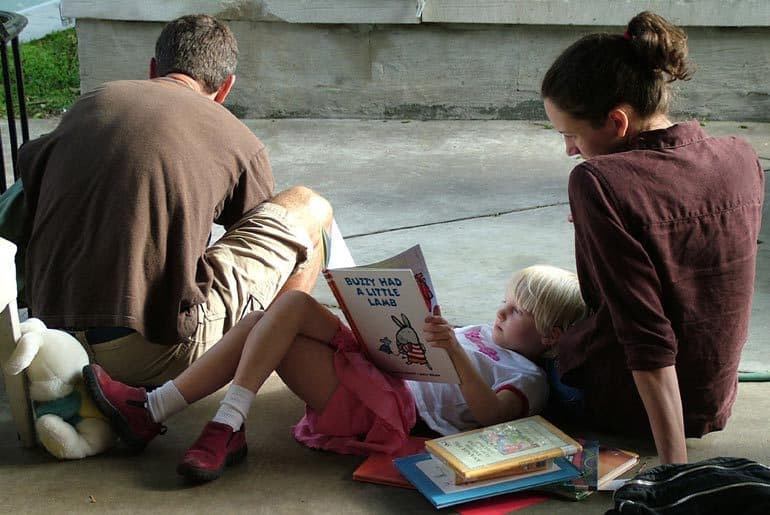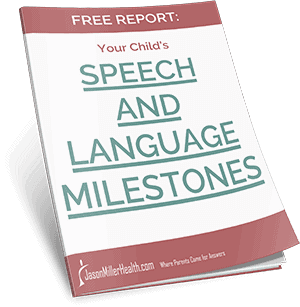Do you know how to boost your child’s learning potential? The solution is not a computer program, educational TV show, or phone app. It’s much easier than that. What is it? Reading!

Many children learn to read easily, while others struggle with this task. Reading challenges can make the transition to adulthood difficult. Even if your child doesn’t have any trouble with reading, all children could use a little encouragement to read more, especially in this high-tech age.
Of course, you do not have to wait for your child to attend school in order to learn to read. Start with them as a baby. Make reading a practice early in your child’s development. While cuddling your baby, grab a book with interesting illustrations and simple text. You don’t have to spend hours doing this, just take a few minutes occasionally throughout the day. Read to your child and talk about the illustrations. Your child can enjoy the experience even when he or she cannot yet speak. Just hearing your voice along with the pictures on the page can improve listening comprehension, not to mention increasing vocabulary and concentration skills.
Make reading a practice early in your child’s development.
As your child becomes older and begins to speak, you can slowly introduce them to the letters of the alphabet. Use reading time to help them begin to recognize the letters. Keep it playful. You want your child to like books and reading. Pointing out the letters of your child’s name or encouraging them to play with magnetic alphabets are just a couple of ways to begin. Teaching letters and sounds early on will help your child to learn the concept that each letter is associated with a sound and that when these sounds are grouped together, they make up words. However, don’t neglect reading aloud to your child at this stage of their life. Try to gradually increase the amount of text that accompanies each picture.
Make an effort to plan designated reading times for your school age children. Reading ability improves with practice and those who practice progress more quickly. A child who reads fluently will spend less time trying to figure out what the word is and can instead use that time to comprehend the passage as a whole. If your child doesn’t learn to read well, how will he or she manage to read the textbooks for other subjects? The older your child becomes, the bigger the problem will become.
So parents, put down the smart phones, tablets, TV’s and games. Pick up a book, put your child in your lap and read, read, READ!
- Want to Increase Your Child’s Learning Potential? Read to Them! - February 16, 2017
- Want to Increase Your Child’s Learning Potential? Read to Them! - February 16, 2017
- Want to Increase Your Child’s Learning Potential? Read to Them! - February 16, 2017





